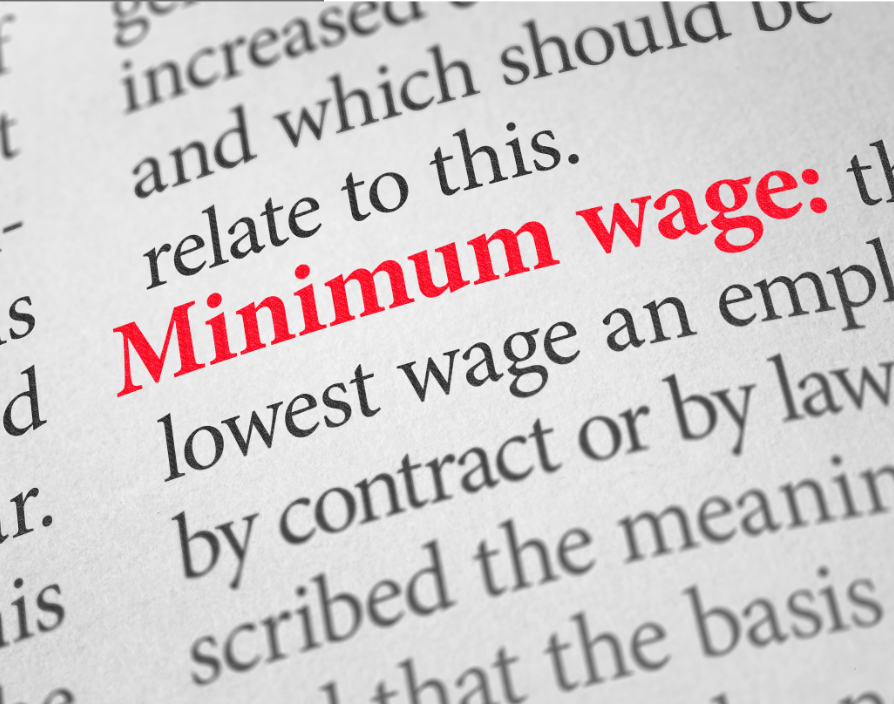The rise in wages would mean higher costs for employers, but some businesses say this is the “right move”
The government is now taking steps to help low-paid, younger workers who have been hit by the pandemic. Chancellor Rishi Sunak is set to raise the national living wage from April – but what does this mean for SMEs?
Chancellor Rishi Sunak said the rise “ensures we’re making work pay and keeps us on track to meet our target to end low pay by the end of this Parliament”. The National Minimum Wage will rise from £8.91 to £9.50 an hour for those aged over 23 – meaning full-time workers will get £1074 extra a year before tax. Mr Sunak said the 6.6% wage hike “keeps us on track to meet our target to end low pay by the end of this Parliament”. The move will be confirmed at this Wednesday’s Budget, which will benefit an estimated two million workers.
People aged 21 to 22 will see an increase from £8.36 to £9.18 an hour and apprentices, who must be aged 16 or over and not in full-time education, will get a pay rise from £4.30 to £4.81 an hour. Chancellor Rishi Sunak said: “This is a government that is on the side of working people. This wage boost ensures we’re making work pay and keeps us on track to meet our target to end low pay by the end of this parliament.”
Higher wages will mean higher costs for employers – which could hit businesses hard. However, some businesses said that although the national wage will be “tougher” on the hospitality sector, increasing the minimum wage is the “right move”. Salima Vellani, the founder of restaurant chain Absurd Bird, said: “It is hard work, it’s unsociable hours, so if people are leaving the industry in droves, then we have to attract them back,” she said. That’s not just about pay, it’s about training.”
Mikey Cherry, the national chair for the Federation of Small Businesses (FSB,), said the small business employment allowance should be extended to support smaller employers, who will be forced to pay taxes of almost £500 once the National Minimum Wage is increased to £9.50.
FSB national chair Mike Cherry said: “Without an increase in the employment allowance, the combination in April of higher wage bills and higher tax bills will see many more than the forecast of 50,000 people added to unemployment queues. After pre-briefed announcements to help the banks with their tax bills, and to help international companies to invest here, there needs to be a clear offer from this government to small businesses, too. Increasing the employment allowance, alongside reforming of upfront costs such as business rates, are the most important reforms called for today by the UK’s small business community.”
However, Labour’s shadow chief secretary to the Treasury, Bridget Phillipson, described the increase as an “underwhelming offer” and said that the cash would be mostly swallowed up by tax rises.
“
Share via:








































